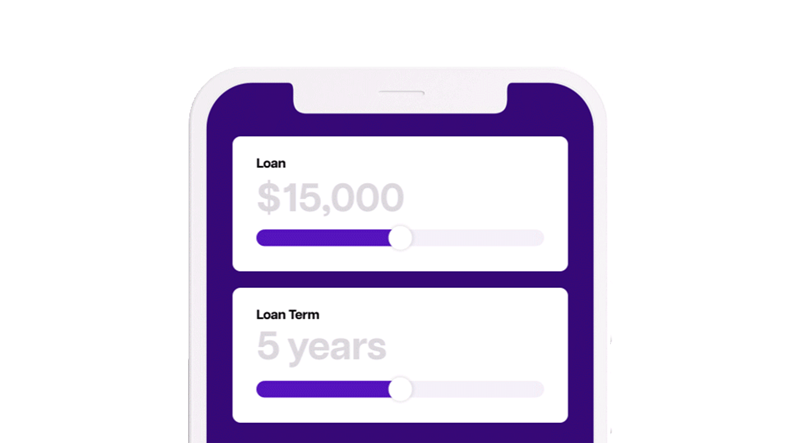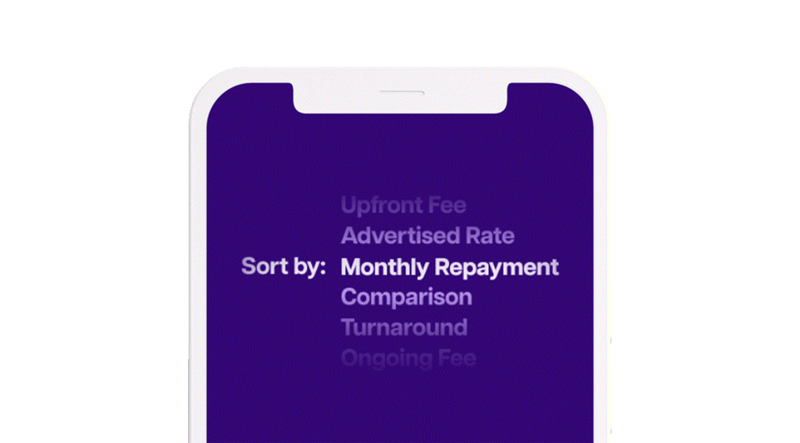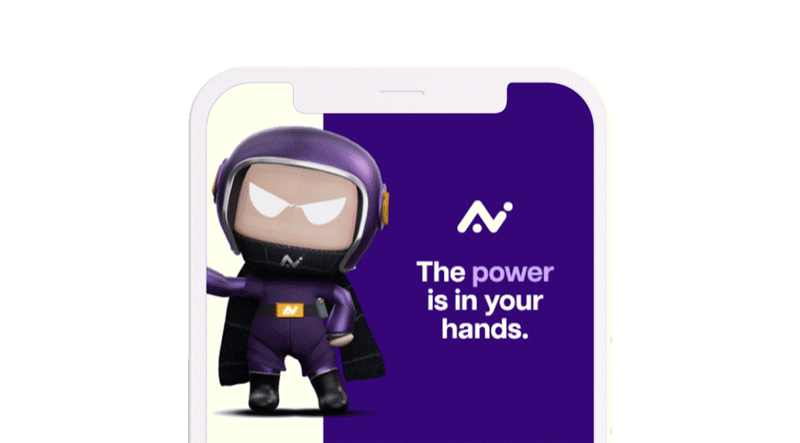Car Loans & Equipment
Compare loan options to find the best one for you.
Compare loan options to find the best one for you.
In partnership with Loan Options AI, you can have control on choosing the most appropriate loan for your goals and priorities. For any further questions, our team is always available here to guide you on what you’re looking for.

What type of loan do you need?
Why A Car Loan
Car loans are typically secured loans, which means that the vehicle serves as collateral for the loan.
A car loan is a type of loan that individuals or businesses can obtain to purchase a vehicle. It is a financial agreement in which a lender provides a borrower with a sum of money to buy a car, and the borrower agrees to repay the loan amount plus interest over a specified period of time.
How do you apply?


Input
Input your information in our AI options tool and it will calculate and present you with the best options available!
Remember, the more information you provide, the more accurate your loan options will be.


Compare
Let our AI options tool do the work instantly! No waiting around!
With over 60 Lenders, our AI options tool will curate and personalise the best results based on your priorities


Your Choice
Now the easy part! Pick from the list and if you need further clarity, the platform can provide you with a granular level of detail to help find what you are looking for.
For a more personal touch our Customer Service Consultants are available to talk to you
With a secured car loan, you can get:
Lower Interest Rates
Easier to Qualify
Larger Loan Amounts
Longer Repayment Terms
Flexible Terms
Ownership

Consumer Car Loan
Consumer car loans using a term loan are a common financing option for individuals looking to purchase a vehicle.
Like commercial car loans, consumer car loans are often secured by the vehicle itself, meaning that if the borrower defaults on the loan, the lender can repossess the car to recover their losses.
Commercial Car Loan
A commercial car loan using a term loan is a type of financing arrangement where a borrower receives a lump sum of money from a lender to purchase a vehicle, which is then repaid in instalments over a set period of time. Commercial car loans are often used by businesses to purchase vehicles for their operations, and the loan is secured by the vehicle itself.
These documents may include proof of identity (such as a driver’s license or passport), proof of income (such as payslips or tax returns), bank statements, and information about the asset you’re purchasing (such as a car). There may also be additional documentation, such as proof of residence, employment history, or credit history.
It’s important to carefully review the requirements and ensure that you have all the necessary documentation before submitting your loan application. Providing complete and accurate documentation can help speed up the loan approval process and increase your chances of getting approved for the loan.
Generally, car loans can range from a few thousand dollars to tens of thousands of dollars. The maximum amount you can borrow will depend on your income and credit score, as well as the value of the car you are purchasing. Some lenders may also have specific limits on the amount they are willing to lend.
The typical loan term for a car loan is between one to seven years. However, some may offer loan terms that are shorter or longer than this range. The length of the loan term you choose can affect your monthly repayments and the total amount of interest you will pay over the life of the loan.
A shorter loan term may result in higher monthly repayments, but you will pay less interest over the life of the loan. A longer loan term may result in lower monthly repayments, but you will end up paying more interest over the life of the loan.
The borrower receives a lump sum of money from a lender to purchase a car, which is then repaid in fixed monthly instalments over a set period of time. The repayment schedule is established at the time of the loan agreement and may vary in length depending on the loan amount and interest rate.
You can be qualified to apply for a car loan if you:
- Are over 18 years of age
- An Australian citizen or permanent resident
- Have a regular source of income (typically six months of stable income)
The amount of money that can be borrowed and the interest rate can depend on factors such as the borrower’s creditworthiness, income, the value of the vehicle being purchased, and other financial factors.
Term loans for a car loan are a type of loan that provides consumers with a predictable and manageable repayment schedule for their car purchase, and can be a good option for those who may not have the funds to buy a car outright.
In general, some may receive a pre-approval decision in a matter of minutes, while others may take several days or longer to review your application and make a decision. Some may also require additional documentation, such as proof of income or employment, before making a final decision.
To speed up the approval process, you can take steps to improve your credit score and gather all necessary documents before applying.
The credit score you need to qualify for a car loan can vary depending on the lender and the type of loan you are applying for. Generally, a credit scoring system that ranges from 0 to 1,200 or 0 to 1,000, with a higher score indicating better creditworthiness.
Most consider a credit score of 600 or higher to be a good credit score for a car loan. Some lenders may consider a credit score of 500 or higher to be acceptable, although you may be required to provide additional documentation or pay a higher interest rate.
When choosing a loan term, it’s important to consider your budget, the amount of interest you’re willing to pay, and how long you plan to keep the car. If you plan to keep the car for a long time, a longer loan term may be more affordable in the short term, but you will end up paying more interest in the long term.
Ultimately, the length of the car loan term you choose will depend on your personal financial situation, your preferences, and the terms and conditions of the car loan that are available to you.
It’s important to be aware of the fees that may be associated with the loan. It’s important to read the loan contract carefully and ask about any fees that you’re not sure about. Also, make sure to factor in the cost of fees when comparing different car loan options.
Here are some common car loan fees to watch out for:
- Application fee: This is a one-time fee charged by the lender to process your loan application.
- Origination fee: This fee is charged by some lenders for setting up the loan and is usually a percentage of the loan amount.
- Monthly account-keeping fee: Some lenders charge a monthly fee to manage your loan account.
- Early repayment fee: Some lenders charge a fee if you repay your loan before the agreed-upon term.
- Late payment fee: If you miss a repayment, some lenders may charge a fee.
- Break fee: If you have a fixed rate car loan and you repay the loan early, you may be charged a break fee. This fee compensates the lender for the interest they would have earned if you had kept the loan for the full term.
- Balloon payment fee: If you have a balloon payment at the end of your loan term, you may be charged a fee to cover the cost of processing the payment.





